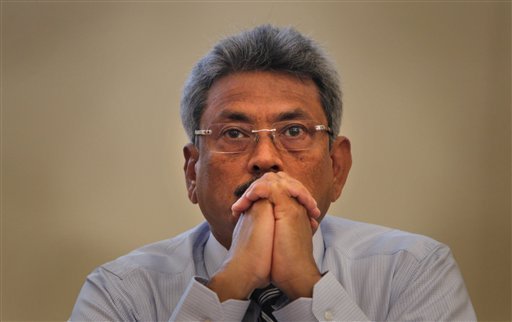
Sri Lanka has officially defaulted on its international debt for the first time in its history amidst warnings of accelerating inflation, as the island’s economic crisis continues.
Colombo had a 30-day grace period to make a payment of approximately US$78m, but that expired on Wednesday, as tens of thousands of Tamils across the North-East marked Tamil Genocide Day. The next day, Sri Lanka was officially into what some analysts called a “hard” default.
According to the Financial Times, Sri Lanka has now become the first Asia-Pacific country in decades to default on foreign debt.
Earlier today, Sri Lanka’s latest Central Bank Governor P Nandalal Weerasinghe told reporters,
“We announced to the creditors, we said we are not in question to pay that. If you even don’t pay after 30 days . . . then probably from their side they can consider it as a default,”
“Our position is very clear, until there is a debt restructure, we cannot repay.”
The missed payments, which were originally due April 18, were for interest on two $1.25bn international sovereign bonds maturing in 2023 and 2028. Now that the island is in ‘hard default’ there are fears that cross-default clauses could bring more of Sri Lanka’s debt due, even before it has begun formal restructuring talks with the International Monetary Fund.
On the island, Weerasinghe warned that conditions would worsen. "Inflation obviously is around 30%,” he said. “It will go even [higher], headline inflation will go around 40% in the next couple of months."
Alongside its economic crisis, political turbulence continues in Colombo, where anti-government protests are ongoing. Though Sri Lanka’s embattled president Gotabaya Rajapaksa appointed Ranil Wickremesinghe as Prime Minister last week, the move has inspired little confidence amongst the Sinhala south.
